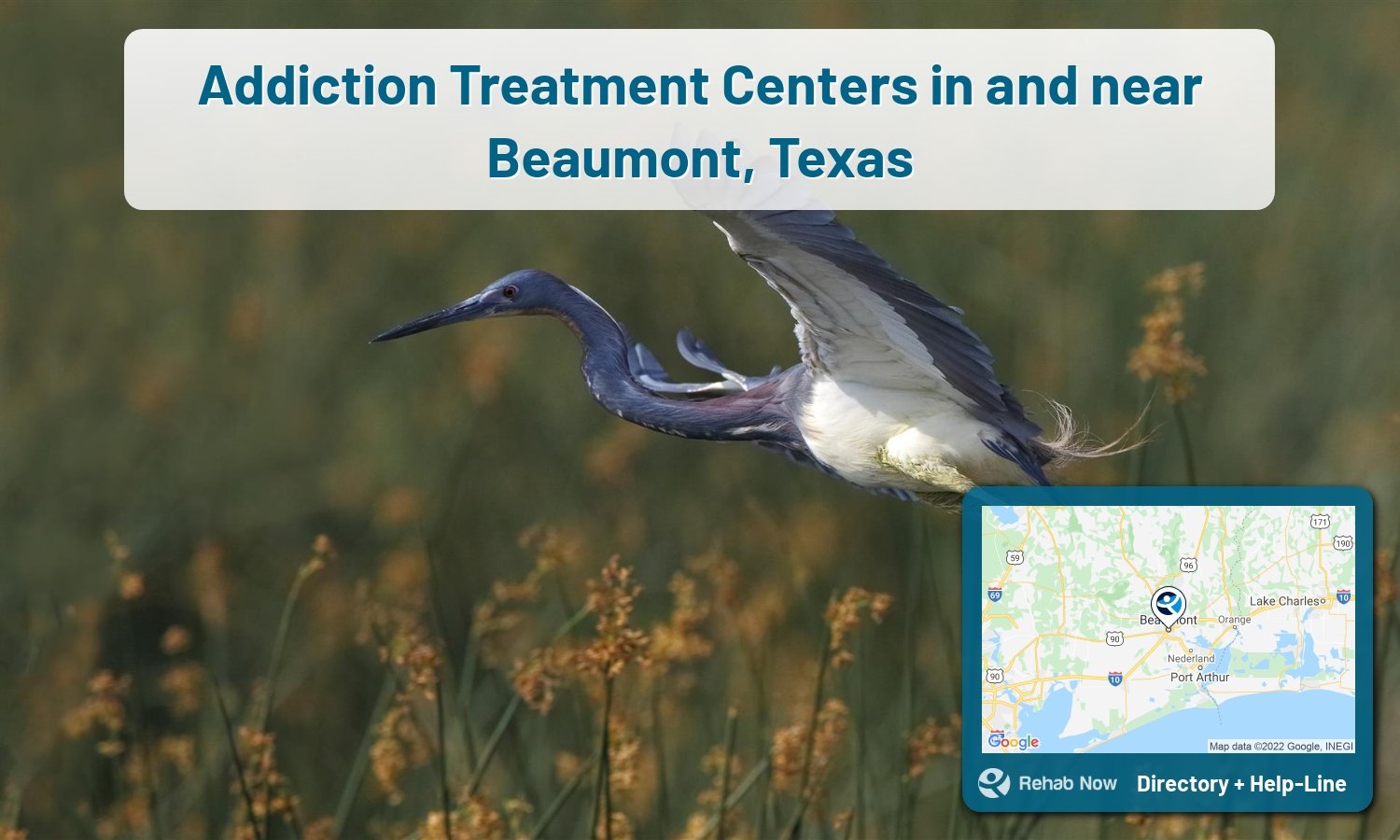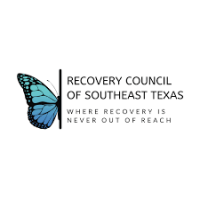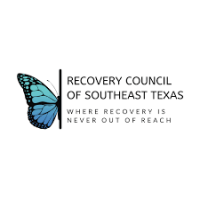Find An Addiction Rehab Center In Beaumont, Texas Today
Beaumont is not immune to drug addiction and abuse problems. In fact, according to statistics from the Texas Department of State Health Services (DSHS), the rates of drug-related hospitalizations and deaths in Jefferson County are significantly higher than both the state and national averages.
Some of the drugs that are abused most commonly in Beaumont include prescription opioids, cocaine, heroin, and methamphetamine. However, any type of drug can be abused, and anyone can become addicted.
If you or someone you know is struggling with drug addiction or abuse problem, it is important to seek help as soon as possible. There are many addiction treatment centers located in and near Beaumont that can provide the necessary care and support.
In Beaumont you and your loved ones will lead a safe and secure life, away from drug use, with plenty of facilities listed below. There’s opportunity for rehabilitation and a better future with a variety of drug and alcohol treatment services offered throughout the state, here’s what we have for Beaumont.
Contact an Admissions Expert Today, Free.
We will help you find treatment based on your location, budget, and specific needs and help you get started safely.
Free + Confidential Consultation
Browse 27 Centers in Beaumont, Texas
Spindletop Center - 2750 South 8th Street in Beaumont, Texas is an accredited addiction treatment facility offering various levels of care and comprehensive treatment options for alcoholism, dual diagnosis, drug addiction, substance abuse, and mental health disorders, including detox, inpatient, outpatient, residential, and aftercare support.




Melton Center
The Melton Center in Beaumont, TX is a 65-bed Addiction Treatment Facility that offers 24-hour care provided by highly qualified professionals and evidence-based treatment for substance abuse, alcoholism, opioid addiction, and dual diagnosis, with a variety of resources including individual counseling, peer support groups, family therapy, and relapse prevention activities, as well as personalized recovery plans for long-term sobriety.

Spindletop Center - Ben Rogers Facility in Beaumont, Texas is an addiction treatment facility that offers comprehensive and tailored care for dual diagnosis, mental health, drug addiction, substance abuse, and alcoholism, including evidence-based practices, medication-assisted treatment, and support services.




South East Texas Council on Alcohol and Drug Abuse - Unity Treatment Center
The Recovery Council of Southeast Texas Residential Program is an accredited and licensed 40 bed facility that offers a variety of levels of care and accepts private health insurance for those looking to get sober in Texas.


Land Manor - Franklin House
Land Manor - Franklin House is a 24 bed addiction treatment facility in Beaumont, TX that provides evidence-based, integrated treatment programs tailored to the individual's specific addiction and mental health needs. It offers inpatient, intensive outpatient and outpatient treatment options, and its experienced staff is dedicated to helping each person reach their recovery goals.

South East Texas Council on Alcohol and Drug Abuse - Right Choice
Right Choice, an accredited and licensed facility located in Beaumont, Texas, offers evidence-based, individualized treatment programs and accepts private health insurance for individuals struggling with alcohol and drug addiction, co-occurring mental health issues, and associated needs.


Beaumont Transitional Treatment Center
The Beaumont Transitional Treatment Center provides individualized evidence-based treatment plans that use group and individual therapy, life skills coaching, and other methods to give clients the tools and support they need to restore and maintain sobriety.
The Right Step in Beaumont, TX is an affiliate of the national The Right Step network of treatment centers offering comprehensive evidence-based treatment, aftercare services and resources to those suffering from substance abuse, opioid addiction and alcohol abuse.
Spindletop Center - 1035 Monterrey is a JCAHO-accredited addiction treatment facility in Beaumont, TX, providing comprehensive programs for dual diagnosis, mental health issues, and aftercare support to help individuals achieve sobriety in a safe and supportive environment.

Spindletop Center is a mental health and dual-diagnosis treatment facility in Beaumont, TX that provides evidence-based therapies and personalized care plans to help individuals find long-term success in their recovery.

BES Group and Association - Solutions Plus is a leading provider of substance abuse treatments in Beaumont, TX, specializing in alcohol and opioid addiction with evidence-based therapies and private health insurance options available.
Baptist Hospitals - Behavioral Health Center is a premier treatment center in Beaumont, Texas offering a unique and comprehensive approach to mental health services and dual diagnosis care, including group and individual therapies, nicotine replacement therapies, dual diagnosis inpatient treatment, and cognitive behavioral therapy.
Land Manor - Women's Franklin House
Land Manor is a women's addiction treatment program in Beaumont, TX that provides comprehensive care, including family and trauma therapy, drug rehab, and dual-diagnosis programs, with a focus on providing a safe environment for long-term sobriety.
Celebrate Recovery
Celebrate Recovery is a drug rehab program in Beaumont, Texas that specializes in treating alcoholism, opioid addiction, dual diagnosis, and other drug addictions through tailored treatment approaches and evidence-based practices, with a focus on empowering patients to become active participants in their own recovery journey.
AA - Alcoholics Anonymous - Ninth District Intergroup
AA - Alcoholics Anonymous - Fellowship Group
AA - Alcoholics Anonymous - Beaumont
Al - Anon and Al - Ateen - Beaumont
Assessment Professionals
Assessment Professionals is a treatment center in Beaumont, Texas offering personalized care plans to treat substance abuse, dual diagnosis, and other mental health issues since 1967.
Adam’s House is a drug rehab center in Beaumont, TX that offers a range of care and specialized treatments for addiction, including therapy and inpatient care, and accepts private health insurance.
Michael E. DeBakey VA Medical Center - Beaumont VA Outpatient Clinic

South East Texas Management Network
South East Texas Management Network is a health center that offers specialized addiction treatment programs and support services for individuals struggling with drug or alcohol addiction.
Al - Anon and Al - Ateen - Beaumont
Land Manor - Women's Franklin House
Land Manor - Franklin House
South East Texas Council on Alcohol and Drug Abuse - Unity Treatment Center
South East Texas Council on Alcohol and Drug Abuse - Right Choice
Information About Substance Abuse and Addiction in Beaumont, TX
Drug addiction and abuse can affect anyone, regardless of age, gender, race, or socioeconomic status. However, some people are more likely to develop an addiction than others.
People who are struggling with mental health problems are particularly at risk for developing a drug addiction. According to the National Alliance on Mental Illness (NAMI), about 50% of people who abuse drugs also have a mental health disorder.
Substance abuse can also be a coping mechanism for dealing with stress or traumatic events.
Addiction is a chronic disease that requires professional treatment. Although there is no cure, addiction can be effectively treated and managed.

What types of treatment are available in Beaumont, Texas?
There are a number of different drug treatment options available in Beaumont, Texas. Some of the most common include residential treatment, outpatient treatment, and 12-step programs.
Residential treatment is a more intensive form of treatment that requires patients to live at the facility for a certain period of time. This type of program provides around-the-clock care and support.
Outpatient treatment is less intensive than residential treatment and allows patients to continue living at home. This type of treatment typically involves attending therapy sessions at a treatment center several times a week.
12-step programs are free and open to the public. They are based on the principles of Alcoholics Anonymous and offer support and guidance to people who are struggling with addiction.
Drug and Alcohol Statistics in Beaumont, Texas
According to the National Survey on Drug Use and Health, nearly 8% of adults in Beaumont reported using illicit drugs. This is higher than both the state (6.5%) and national (7.4%) averages. Additionally, nearly 4% of adults in Beaumont reported misusing prescription opioids in the past year.
Young people are particularly vulnerable to drug addiction and abuse problems. According to the Beaumont Health Department, approximately 18% of students in grades 7-12 reported using alcohol and nearly 5% reported using marijuana in the past month.
- About 24% of admissions to publicly funded drug treatment facilities in Beaumont are for people who abuse cocaine.
- Marijuana is first used by 71% of people who go on to use heroin.
- The rate of drug-related hospitalizations in Beaumont is increased by 200% since 2002.
- 32% of people in Beaumont who died from a drug overdose in 2018 had opioids in their system.
Additional Treatment Centers in Texas
Texas is one of the primary hubs for drug smuggling into the country. The border between Texas and Mexico is more than 1,000 miles long. More than 10 million residents use alcohol every year and more than 25% of those are minors. Alcohol and drug use has become so common in Texas that almost 15% of all deaths can be attributed to these substances.
Still haven't found the right recovery center? Browse nearby Texas cities.
- Orange, TX (23.4 mi.)
- Corsicana, TX (197.8 mi.)
- Buda, TX (222.5 mi.)
- Tulia, TX (542.9 mi.)
- Monahans, TX (531.3 mi.)
- Clarendon, TX (518.9 mi.)
- Hubbard, TX (201.1 mi.)
- Kingsville, TX (286.5 mi.)
- Conroe, TX (81.5 mi.)
- McAllen, TX (365.7 mi.)
- Hurst, TX (262.4 mi.)
- Terrell, TX (224.5 mi.)
- Houston, TX (227)
- Dallas, TX (120)
- San Antonio, TX (108)
- Austin, TX (104)
- Fort Worth, TX (85)
- El Paso, TX (44)
- Lubbock, TX (34)
- Corpus Christi, TX (31)
Can I get drug treatment in Beaumont, TX even if I don’t have health insurance?
There are many addiction treatment centers in and near Beaumont that accept Medicaid and other forms of insurance. However, it is important to call ahead to verify that the center you are interested in accepts your insurance plan.
If you do not have health insurance, the center may be able to help you find a way to pay for treatment. This may include using funds from a health savings account or requesting assistance from a charity or government program.
However, you must meet certain eligibility criteria in order to receive assistance. For example, you may need to be from a low-income household, have a chronic illness, or be a veteran.
What is the difference between drug rehabilitation and drug detox?
Drug rehabilitation is the process of treating an addiction to drugs. It typically involves a combination of counseling, group therapy, and medication.
Drug detox is the first step in drug rehabilitation and is used to rid the body of any drugs or alcohol. It is typically a short-term program, lasting anywhere from 3 to 7 days.
The length of drug treatment depends on the individual and their specific needs. Some people may need only a few weeks of treatment, while others may require several months or even years.
The best way to determine the length of treatment is to speak with a professional. They can assess your situation and recommend the best course of action.
Will I be able to work while in drug treatment?
If you are in an outpatient program, you will likely be able to continue working. However, if you are in a residential treatment program, you may need to take a leave of absence from your job.
In addition, some employers are more understanding and flexible than others when it comes to employees seeking drug treatment. If you are worried about how your employer will react, it may be helpful to speak with a human resources representative or your supervisor before entering treatment.
Finally, many addiction treatment centers offer job training and placement services to help their clients return to work after completing treatment.
What if I have trouble adjusting to drug rehab?
It is not uncommon for people to experience difficulty adjusting to drug rehab. This can be due to a number of factors, such as the unfamiliar environment, the stress of being away from home, or the withdrawal symptoms associated with quitting drugs or alcohol.
You also will meet people who are in various stages of addiction recovery and this can be difficult. It is important to remember that everyone is there for the same reason – to get better.
If you are struggling to adjust, speak with your counselor or therapist. They can provide you with additional support and guidance.
What if I don’t want to participate in group therapy?
Group therapy can be an extremely valuable experience for participants. Not only is it a chance to share your story with others who may be going through similar experiences, but it is also an opportunity to gain new perspectives and learn from others.
However, if you are not comfortable participating in group therapy, you can speak with your counselor or therapist. They may be able to recommend an alternative form of treatment that will work better for you.
Can I bring my children with me to drug rehab?
Some addiction treatment centers allow parents to bring their children with them to treatment. In general, it is not recommended that patients bring their children with them to drug rehab. The reason for this is that drug rehab can be a very intense and emotionally charged experience.
It is often necessary for patients to confront some difficult truths about themselves and their addiction, and this can be difficult to do with children present.
Beaumont, TX Treatment Centers. Find drug rehab in Beaumont, Texas, or detox and treatment programs. Get the right help now! (888) 674-0062.











